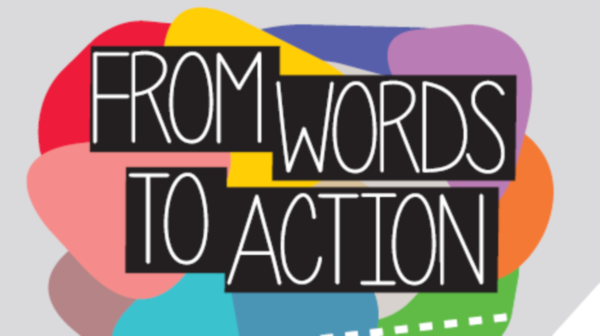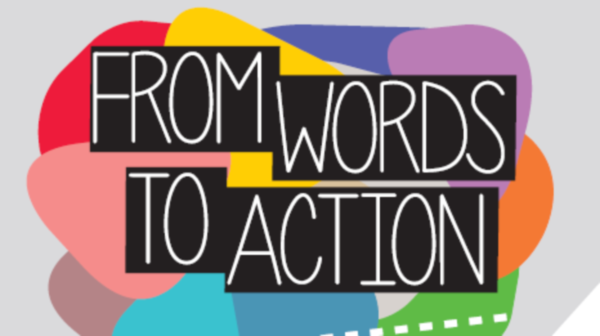[UNESCO, Paris, 8 March 2011] Launched annually on the occasion of International Women’s Day (8 March), Women Make the News (WMN) is a global initiative coordinated by UNESCO aimed at promoting gender equality in the media.
The theme for this year’s – “Media and Information Literacy (MIL) and Gender” – seeks to highlight good practices in this area and emphasize the importance of fostering media and information literate societies as a way to improve the understanding of women and men about gender perspectives in media and information systems.
For many years, stakeholders globally have focused on the supply side of media development to address issues surrounding gender equality and women’s empowerment. While we should continue to call upon media and information systems to fulfill their democratic responsibility to represent women and men in a fair and balanced way, we also have the unique opportunity to engage the demand side of media – citizens – in this process.
MIL is necessary for peoples, as users of media and information systems, to influence and promote gender responsive media behaviour. Through MIL audiences/users (readers, viewers and listeners) are equipped with the necessary competencies (knowledge, skills, and attitudes) to, among other things, assess the gender sensitive performances of media and information systems and to participate in them.
To this end, UNESCO will be promoting the inclusion of MIL in formal and non-formal education systems through its Model Media and Information Literacy Curriculum for Teacher Education, which will be released soon. For more information about the Curriculum please consult the promotional brochure (PDF, 1.1 Mb).
Additionally, in 2009 UNESCO partnered with the Commonwealth Broadcasting Association to produce a handbook entitled “Guidelines for Broadcasters on Promoting User-generated Content and Media and Information Literacy, which offers simple and practical suggestions to media organizations and their audiences/users and others who are interested in the public debate about media content and MIL related issues.
Therefore, the theme for WMN 2011, “Media and Information Literacy (MIL) and Gender”, is equally important to national and international media organizations and civil society organizations concerned with gender issues.
Join the Campaign
UNESCO together with its partners are inviting media organizations, professional associations, journalists’ unions, women and men working in the media and civil society to use this platform to share your thoughts on how MIL can help women and men understand gender equality and to challenge the media to address this issue. Are you promoting or do you have plans to promote MIL in your media organization? How are you doing this? Do you think MIL can help to address gender equality? What programmes or activities have you implemented in your countries and communities? What were some of your challenges? How did you involve the media, women and men? What are some of the creative ways you have used MIL to mainstream gender issues?
Through these and other questions, share your, experience, good practices and recommendations in considering gender equality and media and information literacy. Kindly submit your contribution to us by 30 March 2011 using the Join the campaign form. They will contribute to inform UNESCO’s decision to support MIL initiatives and will be featured on the ‘Women Make the News 2011” web page.
We are also inviting editors-in-chief of newspapers, radio, television on and offline to join UNESCO’s initiative, and to produce special supplements/programmes on this topic and/or to entrust women journalists and reporters with editorial responsibility for the newsroom for a limited period over the duration of the WMN campaign.
Partners
The partners who have endorsed this initiative include:
- African Union of Broadcasting (AUB)
- Arab States Broadcasting Union (ASBU)
- Asia Pacific Institute for Broadcasting Development (AIBD)
- France Télévisions
- the International Federation of Journalists (IFJ)
- the International Council of French Speaking Radio and Television (CIRTEF)
- Mediterranean Center for Audiovisual Communication (CMCA)
- the Permanent Conference of the Mediterranean Audiovisual Operators (COPEAM)
- United Nations Alliance of Civilizations (UNAOC)
- World Association for Christian Communication (WACC)
UNESCO trusts that even more partners will join in this year.
For more information, visit: http://www.unesco.org/new/en/communication-and-information/crosscutting-priorities/gender/women-make-the-news/



